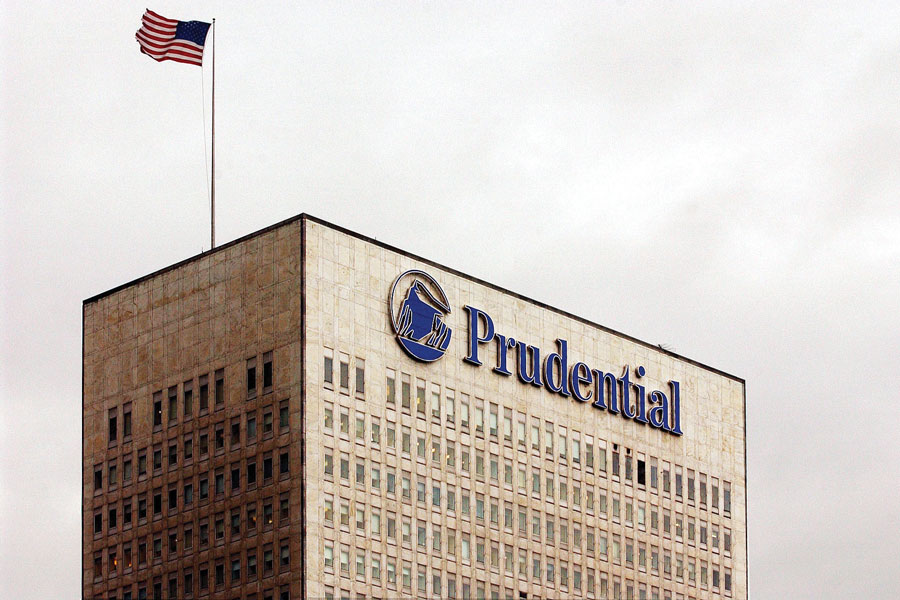

LPL Financial Holdings Inc. and Prudential Financial Inc. announced Thursday morning that Prudential will move the retail brokerage and investment advisory assets of 2,600 financial advisors from Prudential Advisors’ current custodian, Fidelity's National Financial Services, to LPL Financial.
LPL is not buying Prudential's retail wealth management business but instead will act as the service provider for the financial advisors, who work with roughly $50 billion in client assets. Prudential currently uses National Financial Services as its brokerage and RIA platform.
It's not the biggest win for LPL as a third-party custodian and service provider but it certainly stands out. The biggest win in custody and clearing for LPL likely came in 2006, when it landed the broker-dealer AXA Advisors, now Equitable Advisors.
LPL has steadily been gaining steam in serving as a back-office platform for banks, credit unions and insurance companies like Prudential that want to lower the expense of running a retail wealth management enterprise but still want to have financial advisors under their roofs. The retail wealth management business can be extremely profitable.
Prudential's 2,600 financial advisors will use LPL’s broker-dealer and registered investment advisory services. The transition is expected to be completed in the latter part of 2024, subject to regulatory approval and other conditions, the companies said in a statement.
Prudential has had a difficult time with wealth management, as many insurance companies have for the past couple decades. About 20 years ago, Prudential Financial combined its retail brokerage, Prudential Securities Inc., with that of the old Wachovia Securities, which became part of Wells Fargo in 2009 in the middle of the credit crisis.

The leadership changes coming in June, which also include wealth management and digital unit heads, come as the firm pushes to offer more comprehensive services.

Strategist sees relatively little risk of the university losing its tax-exempt status, which could pose opportunity for investors with a "longer time horizon."

As the next generation of investors take their turn, advisors have to strike a fine balance between embracing new technology and building human connections.

IFG works with 550 producing advisors and generates about $325 million in annual revenue, said Dave Fischer, the company's co-founder and chief marketing officer.

Five new RIAs are joining the industry coalition promoting firm-level impact across workforce, client, community and environmental goals.
RIAs face rising regulatory pressure in 2025. Forward-looking firms are responding with embedded technology, not more paperwork.
As inheritances are set to reshape client portfolios and next-gen heirs demand digital-first experiences, firms are retooling their wealth tech stacks and succession models in real time.
